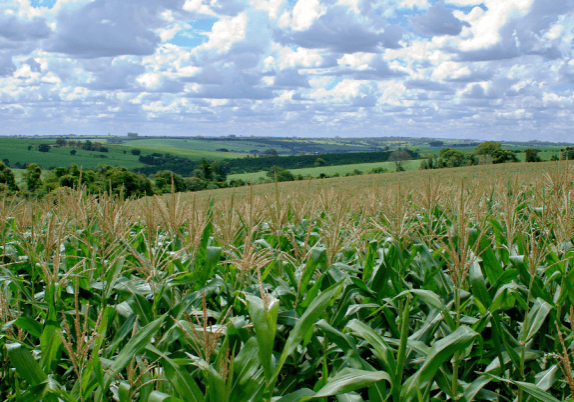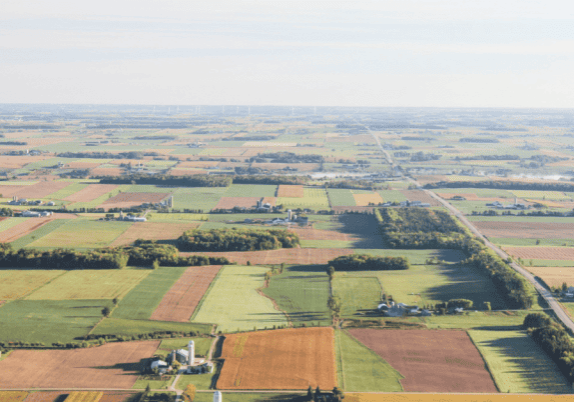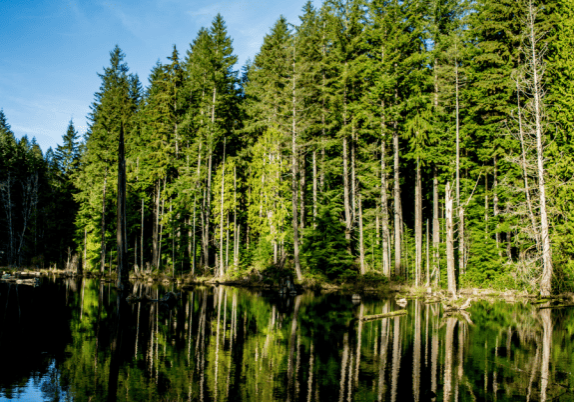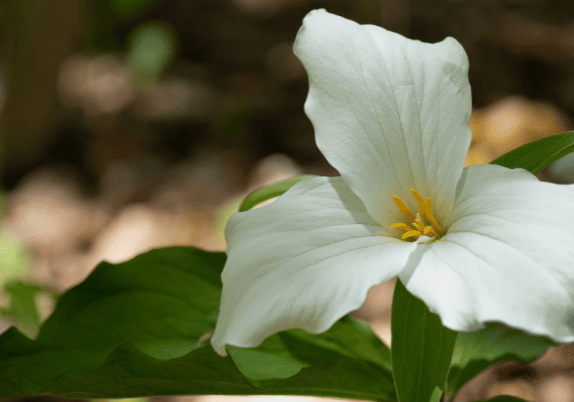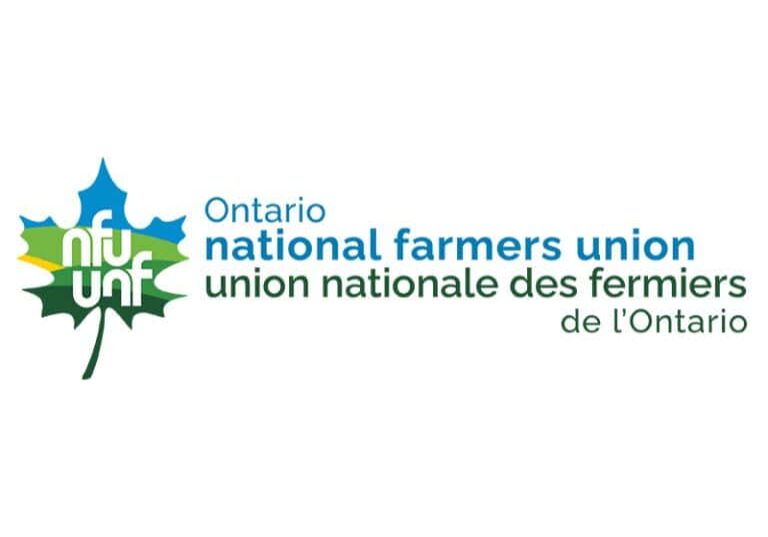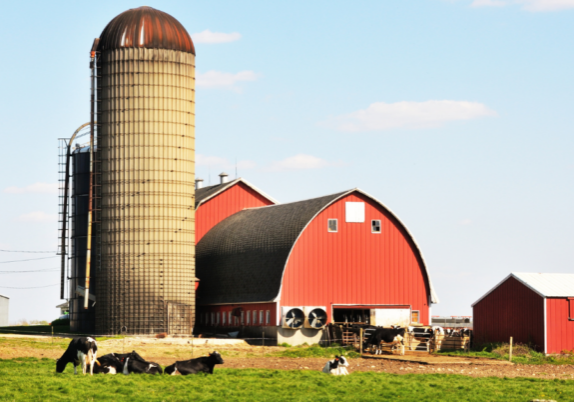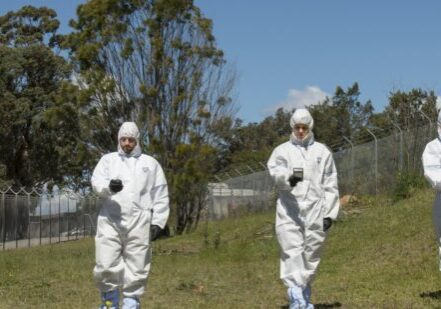Letter to Prime Minister Trudeau Regarding the Federal Pickering Lands
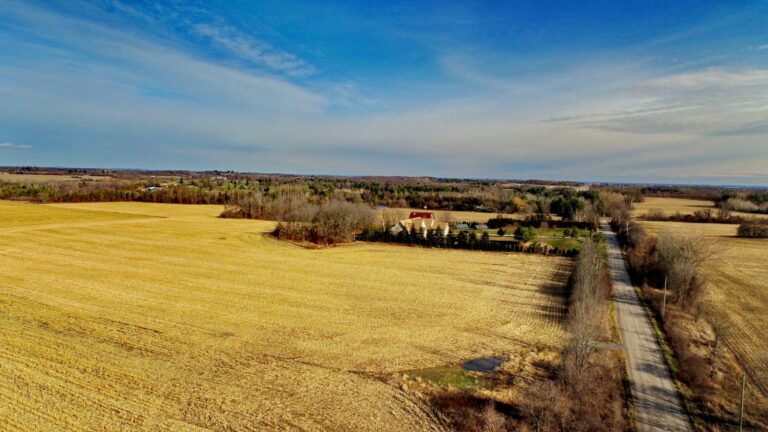
Dear Prime Minister,
The National Farmers Union (NFU) and the National Farmers Union – Ontario (NFU-O) are writing to appeal for an expanded Rouge National Urban Park that incorporates the entirety of the federal Pickering Lands. We are asking that this Government make an enlarged RNUP a green inheritance for current and future generations of Canadians.
Adding the 9.600 remaining acres of the federal Pickering Lands to Rouge National Urban Park (RNUP) is an opportunity to create a green legacy that will:
• Expand environmental and natural heritage conservation in Canada’s most populated region;
• Protect our finite Class 1 farmland and soils;
• Provide land access to support new, young, and equity-deserving farmers; and
• Feed Canadians and help ensure local food security and a vibrant agricultural economy.
Over fifty years ago, the Right Honorable Pierre Trudeau acquired these federal lands to help Canada take to the skies; since then, Canada’s priorities have shifted. We are thankful that this Government is reconsidering plans to build an airport here. Climate change, disruptive and unsustainable long food supply chains, and farmland loss at a staggering 319 acres a day are some of the 21st-century challenges that point to the need for a new vision for the federal Pickering Lands, one that supports healthy soil over tarmac, agricultural infrastructure over aviation terminals, and food production over fuel consumption.
The NFU, established in 1969 by an Act of Parliament, works to achieve agricultural policies that ensure dignity and income security for farmers, while protecting and enhancing rural environments for current and future generations. The NFU’s Ontario region, the NFU-O, is an accredited farm organization representing thousands of sustainable farmers in Ontario. NFU policy calls on all levels of government to ensure that development is undertaken in a balanced and responsible manner that protects prime agricultural land and ecologically sensitive areas for the future.
Environmental and Natural Heritage Conservation
Protecting the federal Pickering Lands helps meet the Government’s Natural Heritage Conservation Program target of conserving over 200,000 hectares of land and fresh water habitat.
A 2012 study found that the Rouge National Urban Park and its surrounding watershed generates $114 million per year in non-market economic benefits such as cleaner air and water, carbon storage, and easier movement for wildlife. That’s $145 million per year adjusted for inflation to 2024.
The estimated 1,105 acres of federal Pickering lands not used for farming, like wetlands, woodlots, and streams provide invaluable ecoservices. The David Suzuki Foundation values those services at $6.1 million per annum.
We can’t come close to placing a true monetary value on adding the federal Pickering lands to the RNUP. The pollinators and endangered species, the saplings and mother trees, the marshlands and living soils don’t understand spreadsheets, but together they help nurture and sustain life and help make Canada a decent and abundant place for all of us to live. These ecological services are particularly essential in the GTA, a region where rapid development threatens ecosystem health and connectivity daily. We need them and they need us to ensure their long-term protection.
Protect our Finite Class 1 Farmland
Approximately, 6,700 acres of the remaining federal Pickering lands are zoned Class 1 and are currently in agricultural production. This quality of land is exceedingly rare; only 5% of Canada’s land mass is suitable for agriculture, and only .5% is Class 1.
Protecting and ensuring these Pickering lands are protected within an enlarged RNUP saves this irreplaceable Class 1 land from development threats.
Soil, as the recent Report of the Standing Senate Committee on Agriculture and Forestry put it, is the “lifeblood of our nation’s growth, sustenance, and prosperity.” Protecting the federal Pickering Lands is an opportunity to help meet the Senate Committee’s land use planning recommendations to further beneficial and sustainable management practices and exercise our collective and ethical responsibility to enhance, protect, and preserve agricultural soil now and for the future.
Provide land access to support new, young, and equity-deserving farmers
In Canada’s capital region, the National Capital Commission (NCC) is becoming a leader in farmland access through its control of the largest publicly-owned greenbelt in the world. With 5,400 hectares of farmland under long-term leases, the NCC is now prioritizing renting to small and mid-sized farm operations with new, young, and equity-seeking farmers using sustainable farm practices in the Ottawa area. Combining the federal Pickering lands with the current RNUP and offering similar farmer-lease opportunities is a powerful way to replicate and extend the NCC’s ambitious goals.
The 6,700 acres of federal Pickering Lands currently used for agriculture are rented to cash-crop tenant farmers under short-term leases. This model does not appreciably improve soil health or offer opportunities for new entrant farmers to access land. Rouge National Urban Park supports 85 farm operations, offering long-term secure leases for up to 30 years. Farmers grow over 30 different types of crops on these lands, showcasing the richness of Rouge’s agricultural heritage and the exceptional capabilities of these soils for growing food, as well as the ability to replicate and expand the NCC model to support more farmers and a healthy local food system.
A new entrant farmer strategy for all of the expanded RNUP lands – not unlike the NCC farmland lease program, or the Young Agrarian SCAP-supported project in B.C., or L’Arterre’s Growing Forward 2-supported project in Quebec – would offer the appropriate infrastructure for sustainable food production, favourable long-term leases, and a variety of supports to enable new, young, and equity-deserving farmers to contribute to the economy, the local food system, and the building of healthy soils. Many of these aspiring farmers have been priced out of the private farmland market. An expanded RNUP combined with a new entrant farmer strategy would be a win for producers, consumers, all governments, and for the remaining natural areas around Canada’s largest urban core.
Feed Canadians and help ensure local food security and a vibrant agricultural economy
Economic analysis convincingly suggests that if the remaining Pickering agricultural lands (6,700 acres) were to become part of a regional food hub under 30-year renewable leases, the agri-tourism economic benefit could rival that of Niagara or Prince Edward County with the potential of increasing:
• Annual expenditures by the farm sector and agri-tourists from the present $3.7 million to $103.5 million.
• Economic activity in the York-Durham region from the current $4.4 million to $130.4 million, and across Ontario from the current $7 million to $221.2 million.
• The number of food and farm related jobs from the current 32 within York-Durham region to 1,459, and from the current 44 to 2,051 across the province.
• Tax revenues from the current $1.6 million to $43.5 million across all of Ontario, of which $20.6 million would go directly to the federal government.
These numbers tell only part of the potential of an expanded RNUP. Improving the quality and access of local food in and around the GTA, giving new, young, and equity-seeking farmers real opportunities to advance their careers, creating natural spaces with healthy soils to inspire residents and tourists who visit the area and consume its bounty are benefits that speak to the broader visions of this Government to support sustainable growth, increase equity and diversity, mitigate climate change and environmental threats, and protect all life for the future of this country.
Conclusion
Prime Minister Trudeau, we ask you to seize this opportunity to create a lasting legacy that exemplifies this Government’s progressive vision. Bring the federal Pickering Lands into an expanded Rouge National Urban Park to protect its natural heritage, support healthy soils and sustainable food production, and increase equity and diversity within Canada’s food system. The NFU and NFU-O are willing to offer support and guidance to achieve this green legacy project. We thank you for your consideration.
Sincerely,
Jenn Pfenning , President, NFU
Max Hansgen, President, NFU-O
